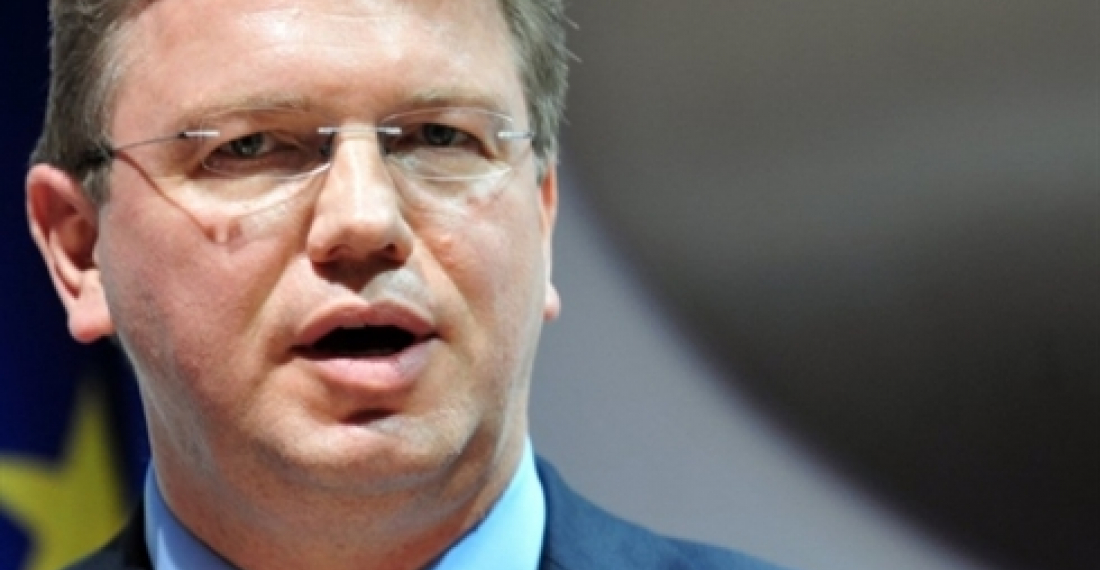Евросоюз очень рад усилиям властей Армении по проведению амбициозных реформ, сближающих ЕС и Армению в разделении важных приоритетов в отношениях, которые также охватывают подготовку к «Глубокому и всестороннему соглашению о свободной торговле». Об этом заявил накануне европейский Комиссар по расширению и политике соседства Штефан Фюле.
Как сообщили АрмИнфо в информационном центре ENPI, в заявлении, последовавшим за встречей Фюле с премьер-министром Армении Тиграном Саргсяном в Брюсселе, Комиссар подтвердил приверженность ЕС «поддерживать Армению в продвижении многообещающей стратегии по проведению реформ», направив Армении призыв «оставаться приверженным проведению политических реформ, в частности, что касается предстоящих выборов».
Фюле заявил, что ЕС и Армения приветствовали недавнее подписание соглашения «О мобильном партнерстве», отметив, что «это послужит важным шагом в сближении граждан Европы и Армении». Он приветствовал также недавно принятую властями Армении поддержку ЕС в сфере управления и развития частного сектора.
Комиссар подчеркнул, что предстоящий в начале следующего года визит президента Армении Сержа Саргсяна в Брюссель «послужит дальнейшему укреплению хорошего момента в наших двусторонних отношениях».







